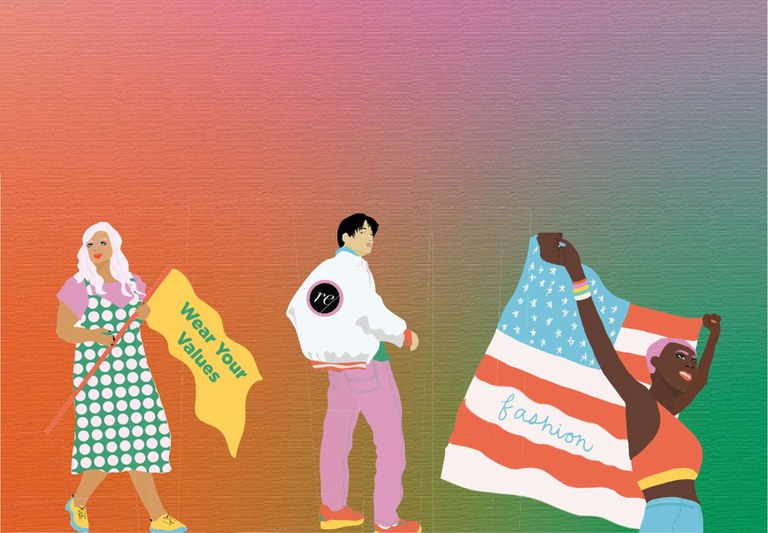
2021 Remake Fashion Accountability Report
This year, we’ve updated our approach to holding the industry to account thanks to the expertise of 14 labor rights professionals, professors of human rights, employment, fashion and law and leading experts in the fields of sustainability, environmental justice, and circular economy including Mark Anner (Professor of Labor and Employment Relations, and Political Science, Penn State University + Remake Board Member), Rebecca Burgess (Executive Director, Fibershed), Sarah Dadush (Professor of Law, Rutgers Law School), Anna Heaton (Fiber and Materials Lead: Animal Materials, Textile Exchange), Jeremy Lardeau (Vice President, Higg Index, Sustainable Apparel Coalition), Lewis Perkins (President, Apparel Impact Institute) and Whitney McGuire (Co-founder, Sustainable Brooklyn).
Remake’s updated brand assessment criteria, which now enables companies to score up to 150 points, moves beyond celebrating ambitious but hollow goals and targets. Rather, it seeks to measure the 60 fashion companies evaluated based on concrete action and progress towards tackling intersectional social, environmental, economic, and political issues embedded in fashion supply chains. We have built our metrics around a true systems-change approach to sustainable fashion (a transition the industry is at the very beginning of). Rather than applauding companies for material innovations and business as usual, our new methodology rewards companies with resilient and regenerative business models.
In the report we unpack our key findings, why we updated our criteria, company scores, our methodology, and how to use the report; sharing specific calls to action for brands, citizens, garment makers, and policy makers. Here’s a sneak peek of our findings
- It is about prices: Big box and discounters like Ross, TJX and Walmart got the lowest scores, faring worse than fast fashion, putting commercial practices sharply in focus. Small and medium-sized companies like Eileen Fisher, MUD Jeans, Nisolo, and Reformation did four times better than big companies, with some moving towards true circularity, away from fossil fuels, and focusing on raising wages.
- Circularity is mostly marketing, rather than a systems-change strategy: Linear and circular production are currently operating in parallel, with no company able to demonstrate that their total environmental impact is going down.
- Inequity is on the rise: Whether models, retailers or garment makers the industry has not made demonstrable progress toward living wages to fashion’s workers. With some inroads in recruitment of marginalized communities, there need to be more investments in retention strategies
We hope this Accountability Report serves as a wake-up call and a roadmap for systemic change in fashion.
